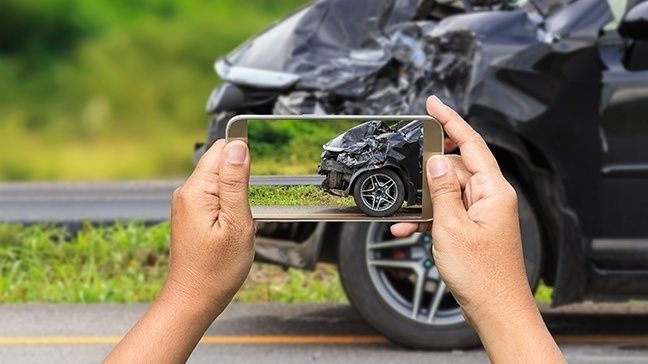Here is the information that you need. A standard Car Insurance policy is a bundle containing many different kinds of insurance. The most typical ones are as follows:
- Liability for bodily injuries
- Liability for causing harm to property
- Protection against medical expenses and personal injuries
- Protection against collisions
- Full protection and coverage
- Coverage for drivers who are uninsured or underinsured
If you have a car loan or lease, the lending company may also have certain conditions for you to meet. However, in addition to your state or lender's insurance, you may choose to obtain supplemental insurance for your protection. Here is a more in-depth look at each sort of coverage and guidance on how to determine how much of it you need.
Bodily Injury Liability
The portion of a vehicle insurance policy known as bodily injury liability is the portion that will pay for injuries that you or members of your family who are named on your policy inflict on someone else in the event of an auto accident. The minimum amount of bodily injury liability coverage that a motorist must obtain differs from one state to the next. However, almost all states have this requirement. Your liability coverage on a vehicle insurance policy is often stated as a sequence of three figures, such as 25/50/20. The first figure is the maximum amount, in this case, $25,000 per injured party.
You are legally required to obtain at least the minimum level of bodily injury coverage mandated by your state's laws. Although the standard in many jurisdictions is $25,000 per person and $50,000 per accident, those amounts might be lower or greater depending on the state.

Property Damage Liability
If an accident occurs and you or members of your family cause damage to another person's Car or other property (such as a tree or a fence), your property damage liability insurance will pay for the repairs. Like the need for bodily injury liability insurance, property damage coverage is almost obligatory in every state. Your policy will display it as the third number in that series; for example, a 25/50/20 insurance will give a coverage amount of $20,000 if it is purchased. Although the minimum property damage liability coverage required by certain jurisdictions is as low as $10,000 or even $5,000, most states mandate that drivers carry at least $20 000 or $25 000 in this coverage.
Again, it would help if you considered purchasing a higher level of coverage than what is required by your state. However, unless you are involved in an accident with a Lamborghini or Rolls-Royce, it is unlikely that you would be exposed to the same financial risk as you would be in an accident in which many people were gravely hurt. Your state determines whether or not personal injury protection (PIP) coverage and medical payment coverage are required, voluntary, or even offered.
Collision Coverage
If you are involved in a collision with another vehicle or any item and have collision coverage, the insurance company will pay to repair or replace your vehicle. The purchase of collision insurance is voluntary for motorists in all 50 states. On the other hand, if you are leasing the vehicle or have an existing auto loan, the creditor may request it. You can cancel the coverage after you have paid off your automobile loan or returned the rented vehicle to the leasing company.
It would help if you also thought about how much money your automobile is now worth. The value of your vehicle determines the price of collision coverage, and the deductible for this kind of insurance is normally between $250 and $1,000. If you purchased a policy with a deductible of $250 and it was later increased to $1,000, for example, you would be liable for the first $250 to $1,000 of the replacement cost of your vehicle. After that, the insurance company would be responsible for the remaining $19,000 to $19,750.
Comprehensive Coverage
Your automobile will be repaired if it sustains damage from anything other than an accident if you have comprehensive insurance. This may be anything like a fire, a flood, or even a tree falling on the house. It also includes the theft of automobiles. As with comprehensive coverage, states do not mandate that you carry collision coverage; however, your lender may demand that you do so if you have a vehicle loan or lease. You can cancel the coverage after you have paid off your automobile loan or returned the rented vehicle to the leasing company.

When deciding whether or not to purchase comprehensive coverage when it isn't required, you should consider how much money you have available to pay out of pocket if your vehicle is stolen. You are forced to buy a new one, or if it is damaged, you are responsible for paying the bills to repair it.



